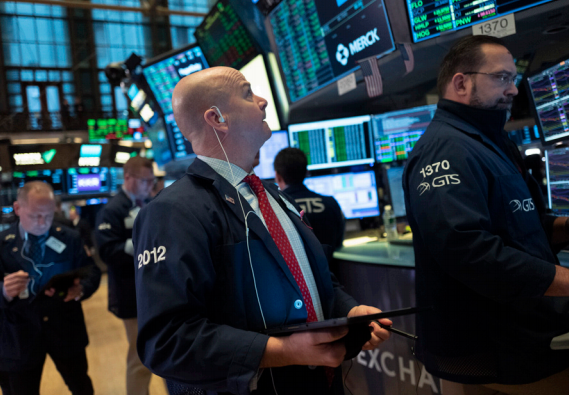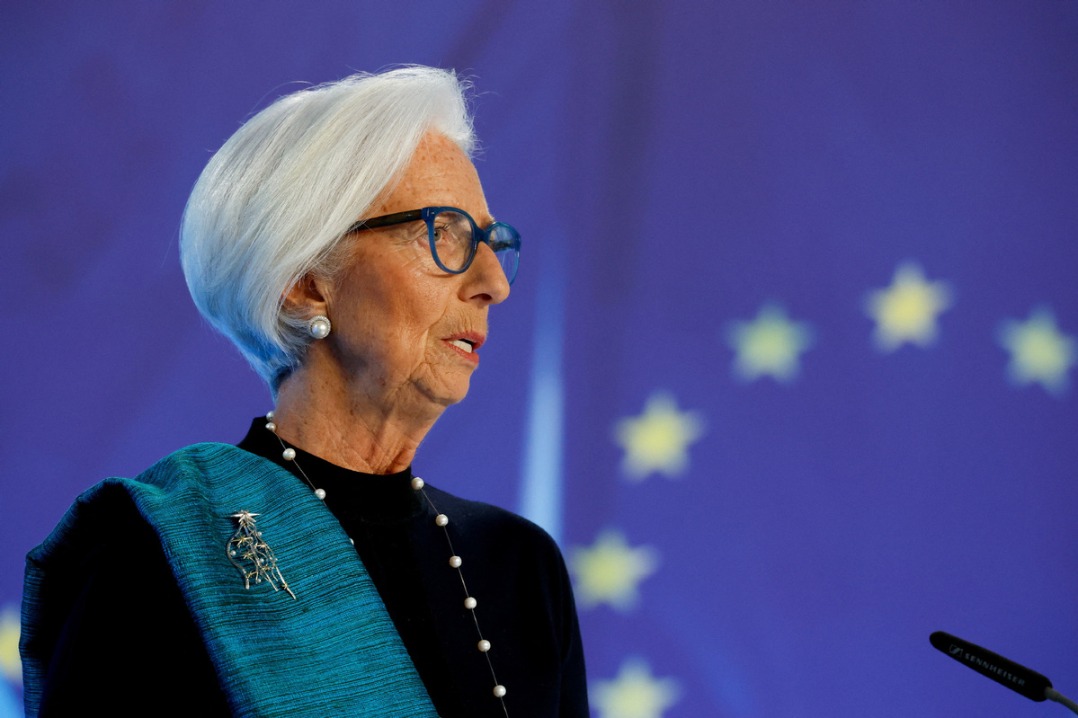Stocks fall after Congress fails to pass stimulus package


US stocks fell in early trading Monday after Congress failed to pass a $1.3 trillion economic stimulus package and the number of coronavirus cases continued to increase.
Stock futures fell sharply before the market opened, suggesting another dismal day. But the US Treasury Department said it would take ``all necessary steps" to support the economy, giving futures a boost. But it wasn't enough to avoid slipping into negative territory in early trading.
The Dow Jones Industrial Average fell 330.87 points, or 1.73 percent in early trading to 18,842.11. The S&P 500 lost 2.20 percent. The Nasdaq Composite lost 1.30 percent.
In a statement, Treasury Secretary Steven Mnuchin said:
"We are committed to providing relief for American workers and businesses, particularly small and medium size businesses and critical industries that are most impacted by the coronavirus. We will take all necessary steps to support them and protect the US economy."
The Dow has fallen about 22.6 percent from its pre-coronavirus high of 29,551.42. The S&P 500 is down about 15.6 percent and the Nasdaq composite is down about 8.8 percent.
Investors fear the economy will stall as millions isolate themselves at home to avoid contact with those who may be infected. Airline, hotel and restaurant stocks have been caught in the downdraft.
Lawmakers differ on the scope of the proposed stimulus package. Democrats want increased aid for unemployed workers while Republicans want to boost companies that are large employers such as Delta Air Lines, United Airlines, Boeing and General Electric.
Senator Rand Paul, a Republican from Kentucky, has tested positive for the coronavirus – the first member of Congress to do so. Paul has quarantined himself, but has shown no symptoms. Senators must be on the floor to vote. His absence means one less Republican vote.
The Federal Reserve, which has slashed interest rates to zero - 0.25 percent to lower the cost of consumer credit and business expansion, said Monday it would continue its purchase of assets "in the amounts needed" to support the market.
The market embraced the announcement and stock futures rebounded.
The Fed announced an open-ended commitment to buy assets under its quantitative easing program.
In a statement, the Federal Reserve said:
"The coronavirus pandemic is causing tremendous hardship across the United States and around the world. Our nation's first priority is to care for those afflicted and to limit the further spread of the virus. While great uncertainty remains, it has become clear that our economy will face severe disruptions. Aggressive efforts must be taken across the public and private sectors to limit the losses to jobs and income and to promote a swift recovery once the disruptions abate."
One analyst called this "quantitative easing" infinity.
"Fed policy is shifting into a higher gear to try to help support the economy which looks like it is in free fall at the moment," Chris Rupkey, chief financial economist at MUFG Union Bank, said in a research note.
"The central bank is shifting from not being just the lender of last resort, but is now the buyer of last resort. Don't ask how much they will buy. This is truly QE infinity."
The price of oil is a proxy for future economic activity. Falling oil prices mean lower prices at the pump for consumers, but most have cut back on travel and this further reduces demand.
Falling oil prices also threaten the US fracking industry. On Monday, the price of West Texas Intermediate Crude edged up 17 cents to $22.80 a barrel. But Brent crude, the worldwide benchmark, slid $0.82, or 3.08 percent to $26.15 a barrel.
Occidental Petroleum recently acquired rival Anadarko and its shale oil reserves for $38 billion. If low prices persist, investors will question the acquisition. Occidential's stock recently fetched $9.84 a share. The 52-week high is $68.83.
A price war between Saudi Arabia and Russia has flooded the market, further depressing prices.

































